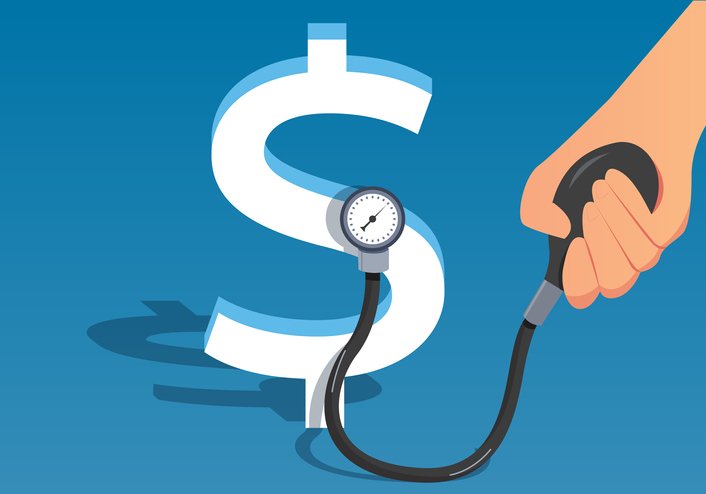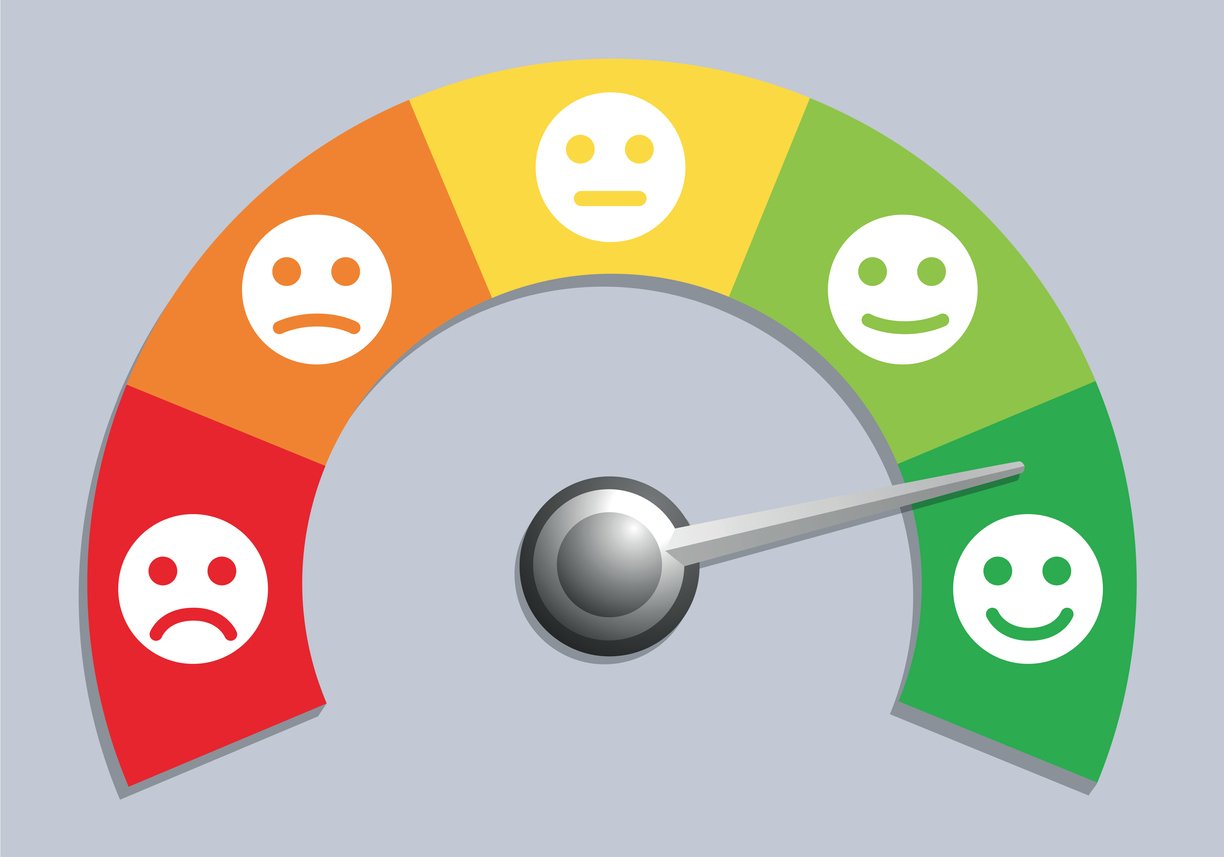Why Is My Credit Score Different From What Lenders See? (Part I)
It’s pretty easy to track your credit score these days—perhaps through a paid subscription to Equifax Canada or Trans Union Canada, or through free offerings from your bank, or other entities such as Borrowell, Credit Karma, Mopolo or Mogo.
But there is no consistency among these various sources. In fact, there can be dramatic differences. Therefore, you should focus more on your overall “credit hygiene” rather than any one particular score. Meaning, focus on best practices at all times. More on that later.
 CBC News ran a solid investigative piece last fall called “Why 4 websites give you 4 different credit scores and none is the number most lenders actually see.” One Canadian encountered a 200-point difference between his highest and lowest scores from several score providers!
CBC News ran a solid investigative piece last fall called “Why 4 websites give you 4 different credit scores and none is the number most lenders actually see.” One Canadian encountered a 200-point difference between his highest and lowest scores from several score providers!
Scott Terrio, manager of consumer insolvency at Hoyes, Michalos & Associates Inc., thinks Canadians are obsessed with their credit scores. He is perhaps jaded by having met thousands of insolvents, many of whom had high credit scores.
Terrio notes, “It’s also important to remember that the credit score you see might not be the one the bank sees. That’s right. Lenders can (and do) order credit reports that are designed to meet their specific needs.”
What is their merit then? What exactly are people tracking? What does it even mean when someone tells you what their credit score is?
How Useful Are Free Credit Scores When Applying for a Mortgage?
To bring the conversation around to mortgage borrowing, the only credit score that matters is the one your lender sees when your application is submitted. And it’s almost certainly NOT a score you have seen for yourself from all the score providers out there.
These days, prospective mortgage clients are often excited to tell me what their credit score is. I bite my tongue, and instead applaud them for caring and for monitoring their credit, while explaining that, no, a screenshot of their Borrowell credit score is not sufficient for our mortgage lenders.
We actually need their signed consent to access a comprehensive (and completely different-looking) credit report.
FICO Score 8 is the Gold Standard
 For the most part, mortgage brokers submit their mortgage applications with an Equifax Canada credit report attached. This report will display a few different measures to the lenders, but the one we pay the most attention to is called FICO Score 8. It’s the number we cite when a lender wants to know our mortgage applicants’ credit scores.
For the most part, mortgage brokers submit their mortgage applications with an Equifax Canada credit report attached. This report will display a few different measures to the lenders, but the one we pay the most attention to is called FICO Score 8. It’s the number we cite when a lender wants to know our mortgage applicants’ credit scores.
FICO says 90% of Canadian lenders use it, including major banks. But Canadian consumers cannot access their FICO score on their own.
Some banks and other mortgage lenders rely solely on the TransUnion credit report, which may use the Credit Vision Risk Score, and others use both reporting agencies. But they can all generate a FICO score.
Rob McLister, founder of RateSpy.com, picked up the cause last week with a short piece on the need to standardize the credit score that various providers of free credit scores offer. He wrote, “It’s time for companies hawking partly useful free scores (the Mogos, Borrowells and Credit Karmas of the world) to offer a more practical score. For mortgage purposes, FICO 8 is best of breed.”
Why You Should Worry About Your Credit Hygiene, Not Your Credit Score
I am delighted Canadians care about their credit history—it is so essential to many aspects of life, not just for major events like financing a home or an automobile. For example, some employers check candidates’ credit history, and so do most landlords when considering tenancies.
We are not here extolling the need for standardized credit score reporting. Because that is not going to happen anytime soon, as desirable as it may seem. Instead, we will talk about best practices of maintaining great credit hygiene.
In Part II, we will look at various ways you can proactively manage your personal credit history and keep your score (whatever score that may be) optimized at all times.